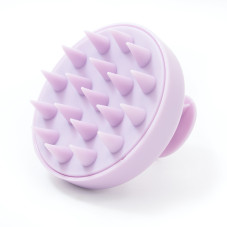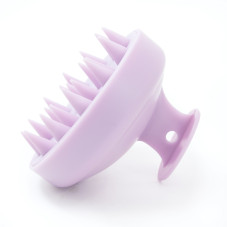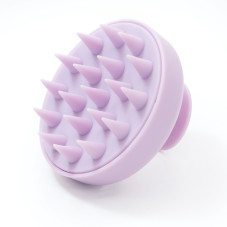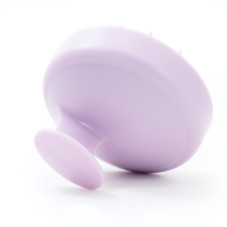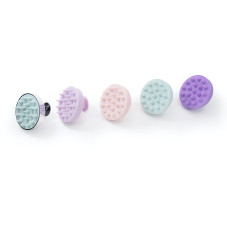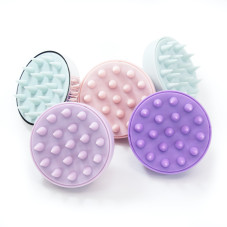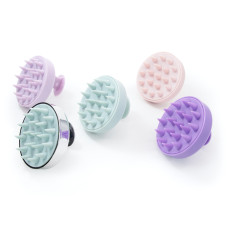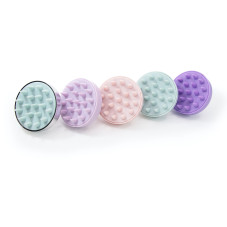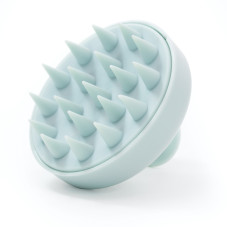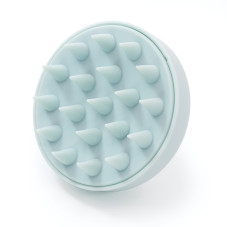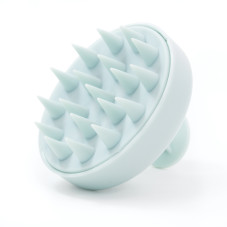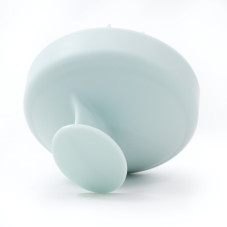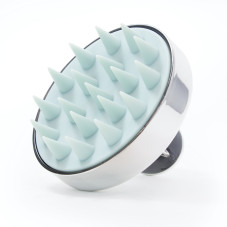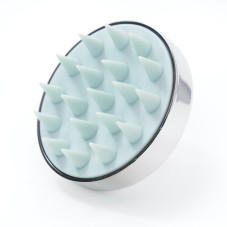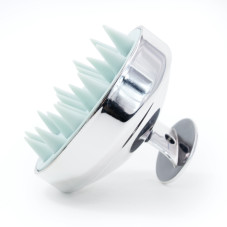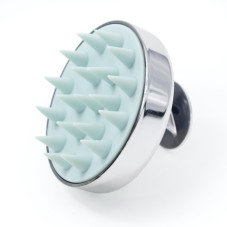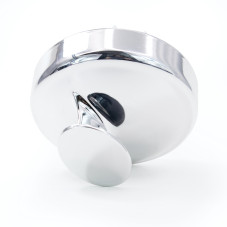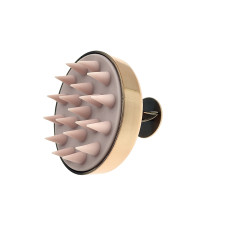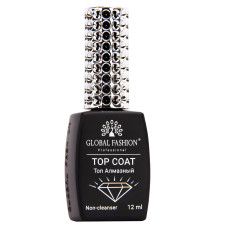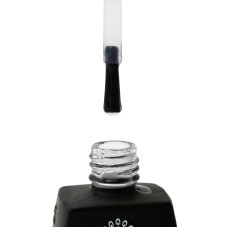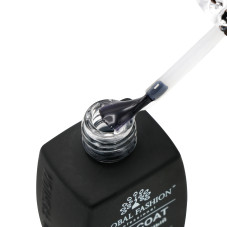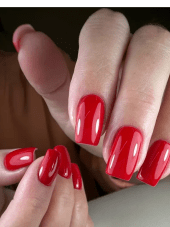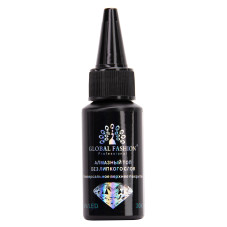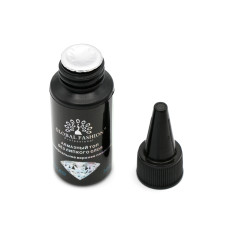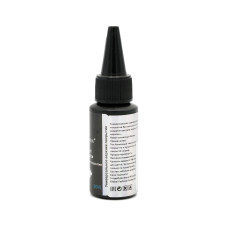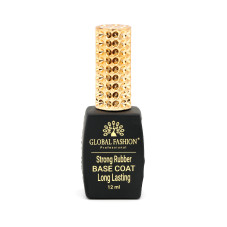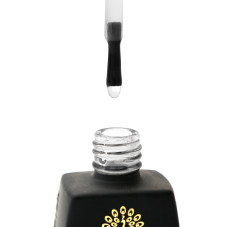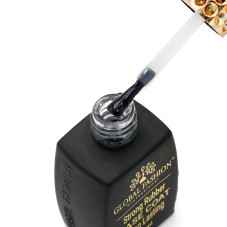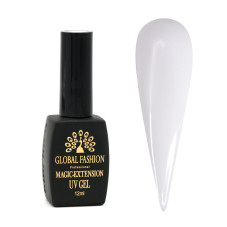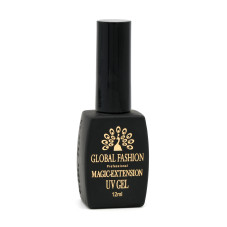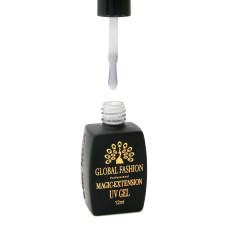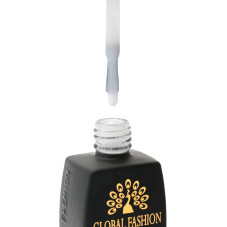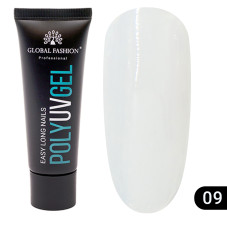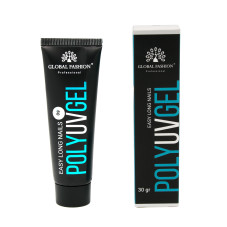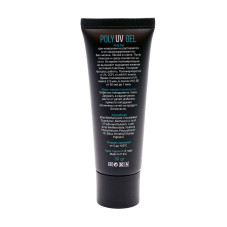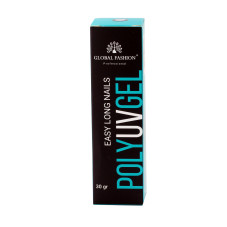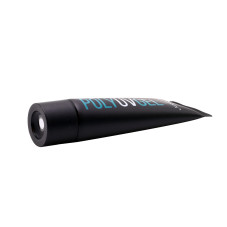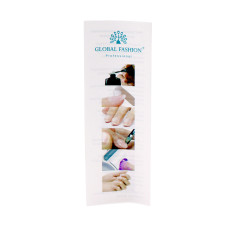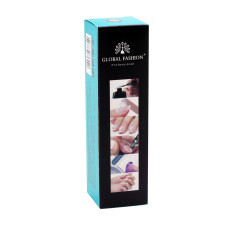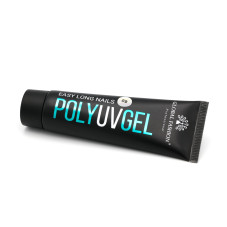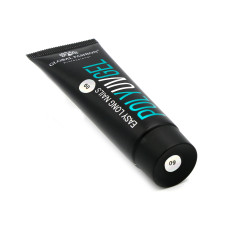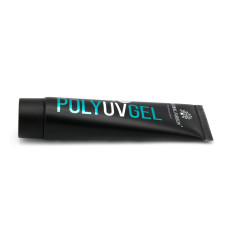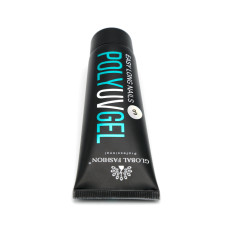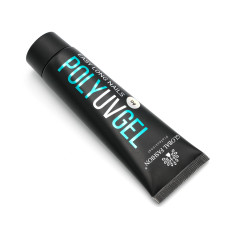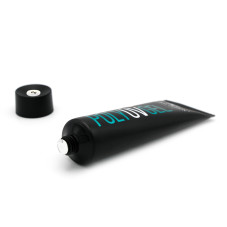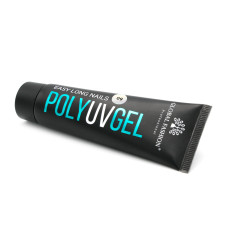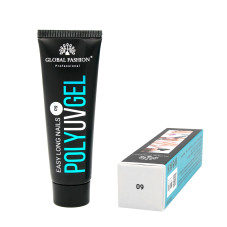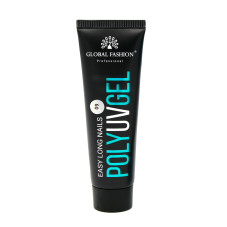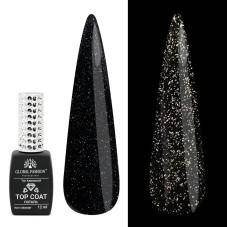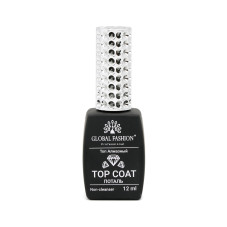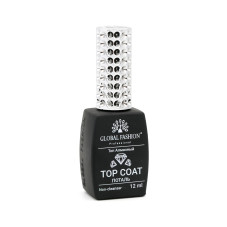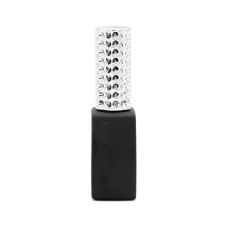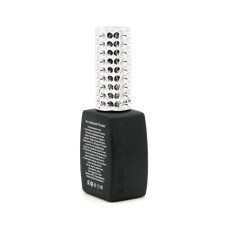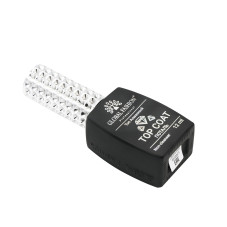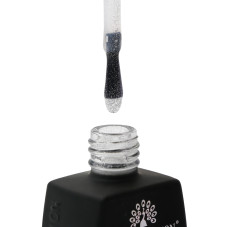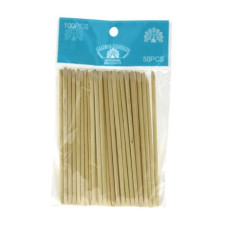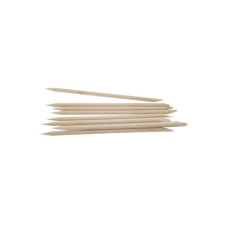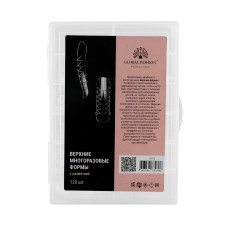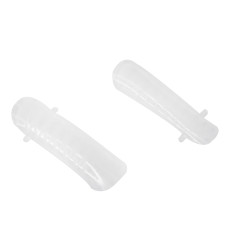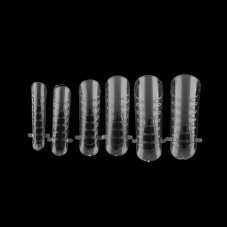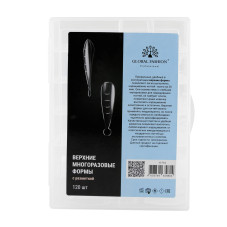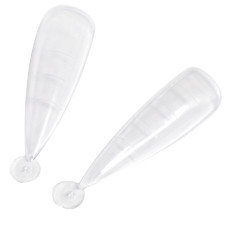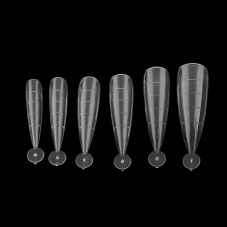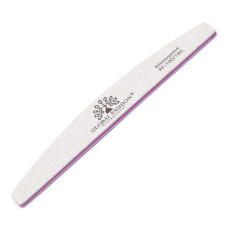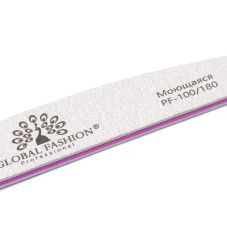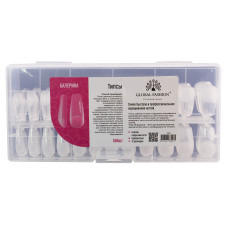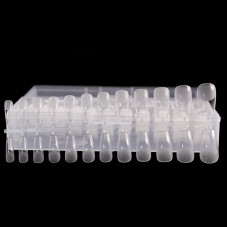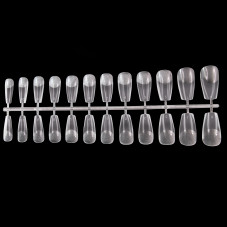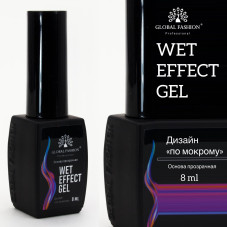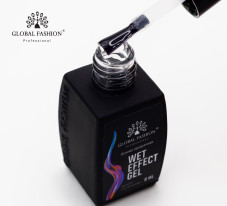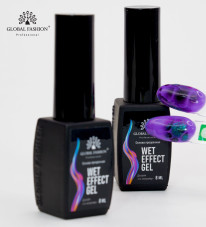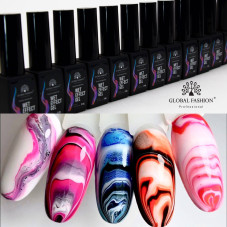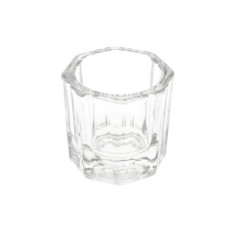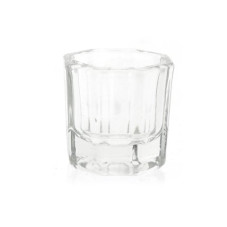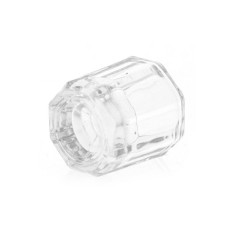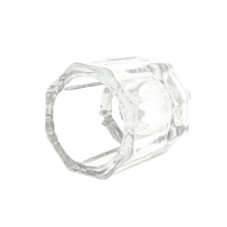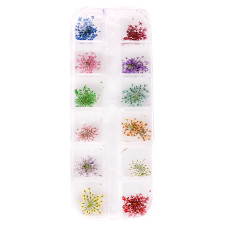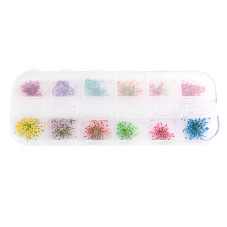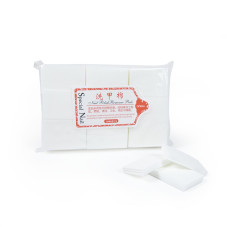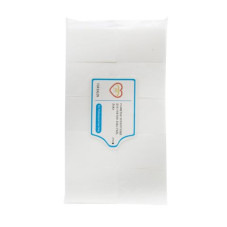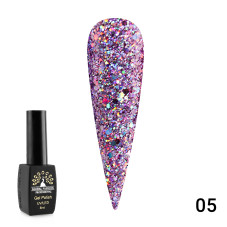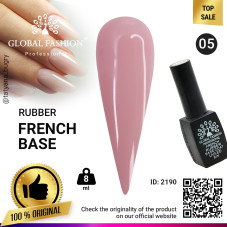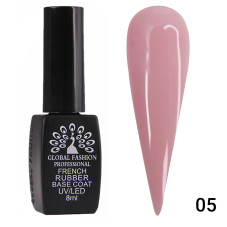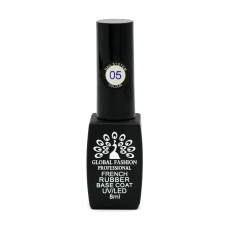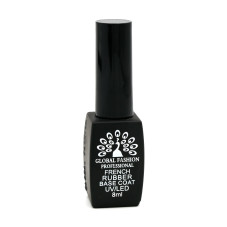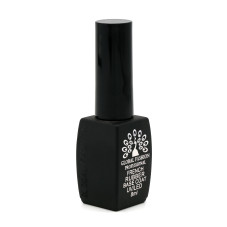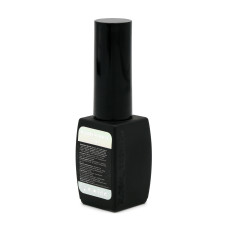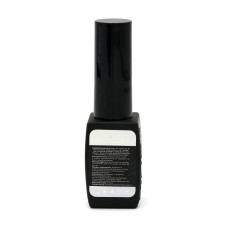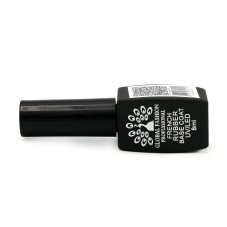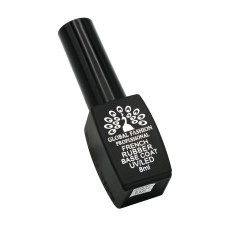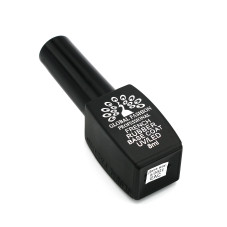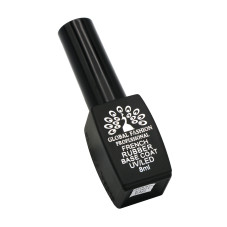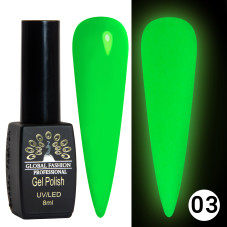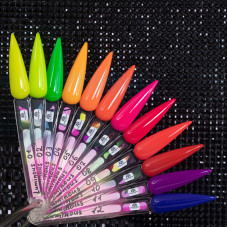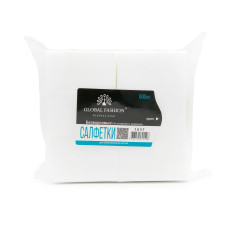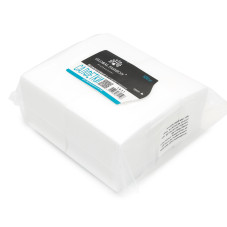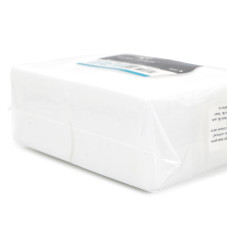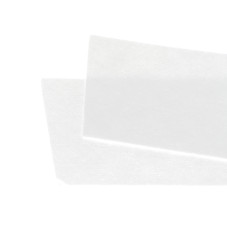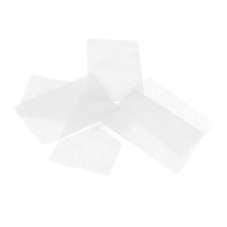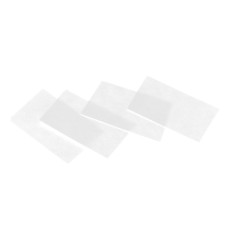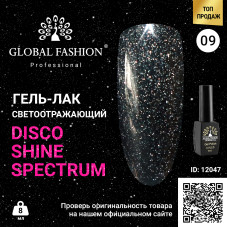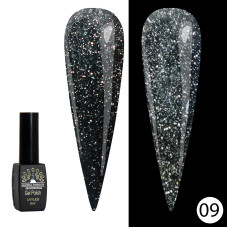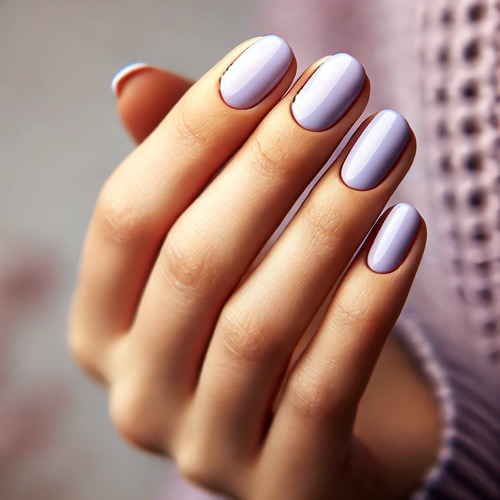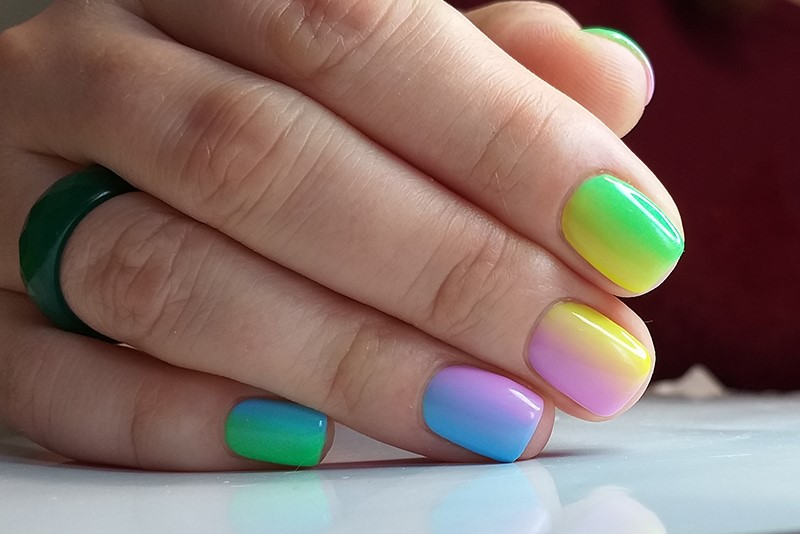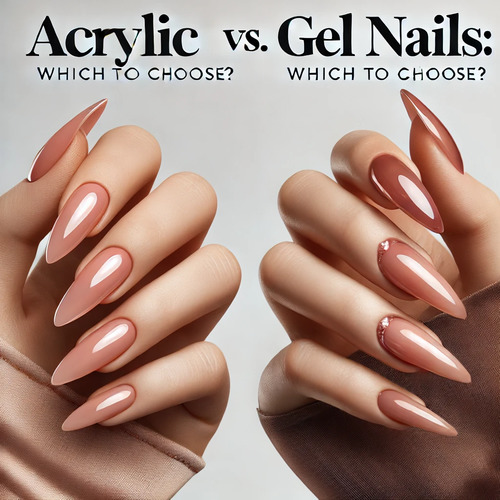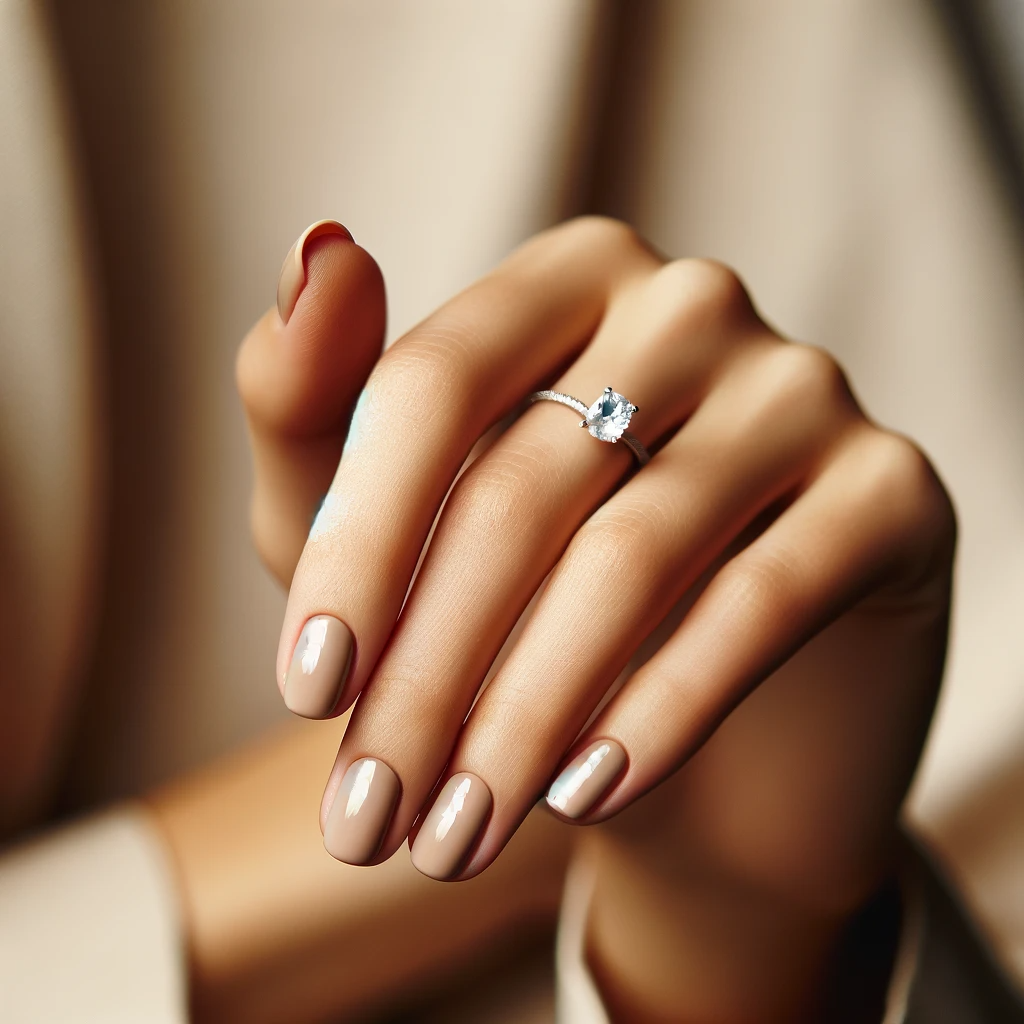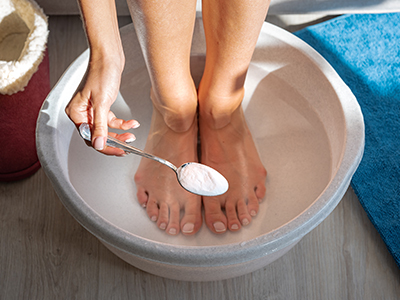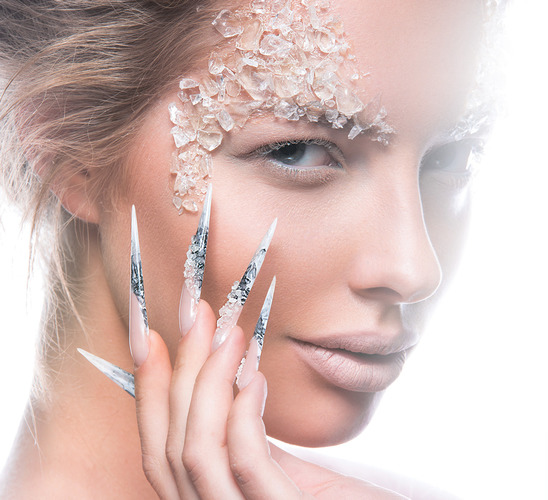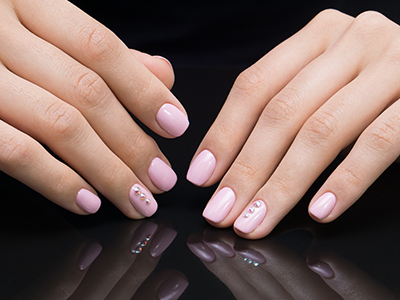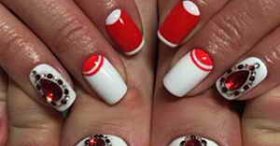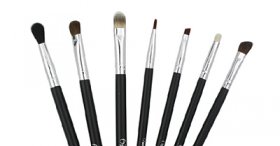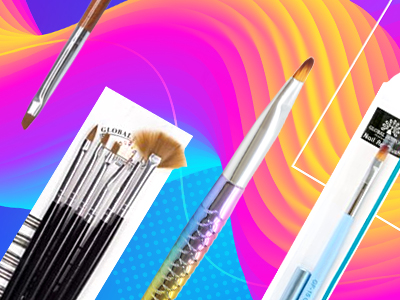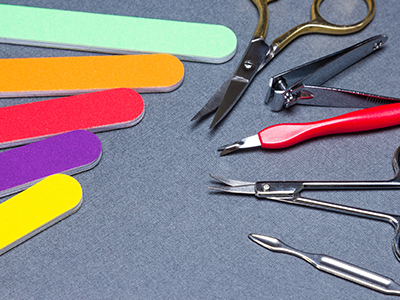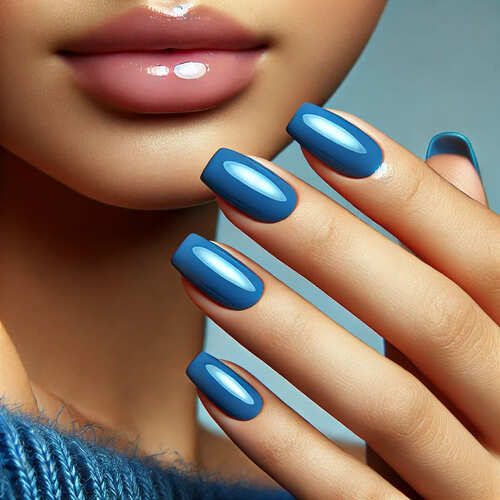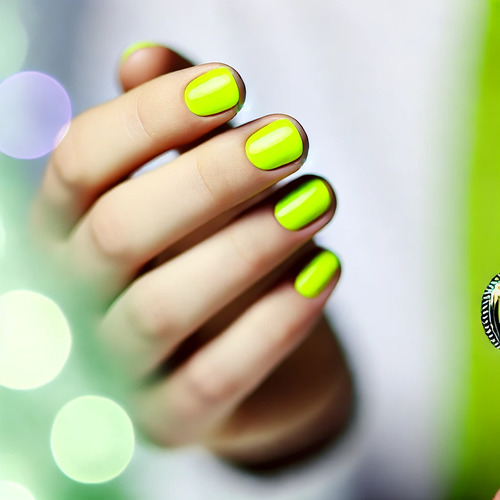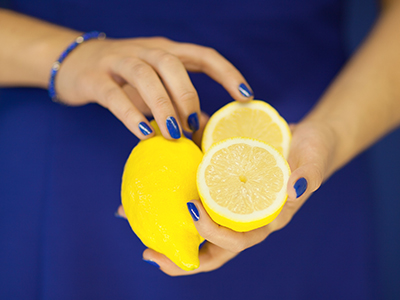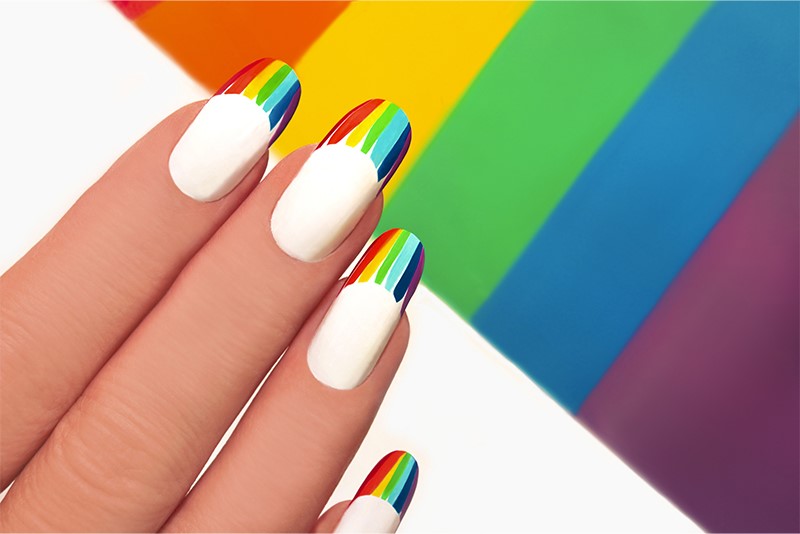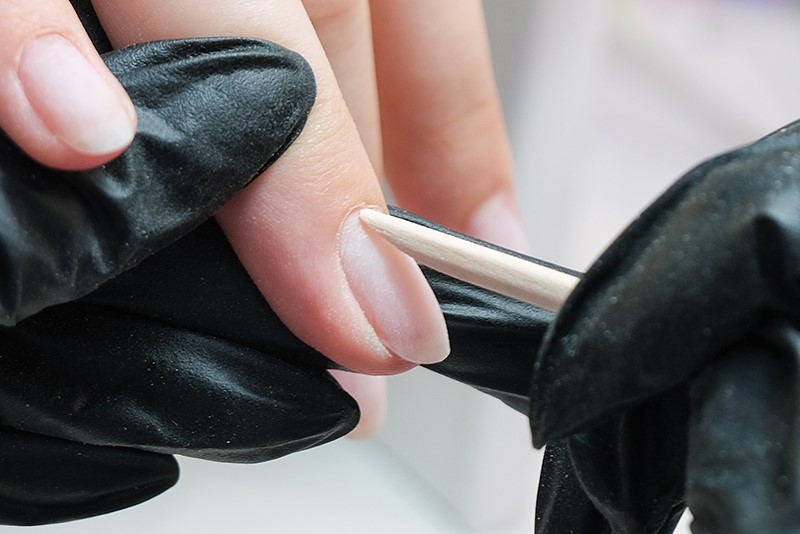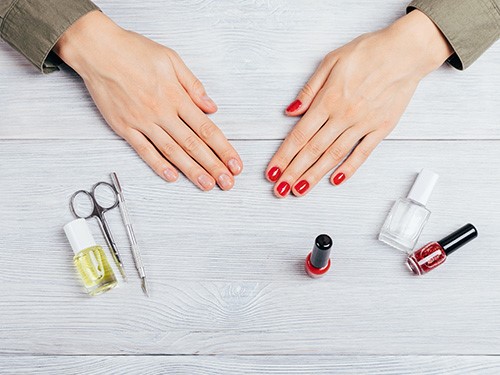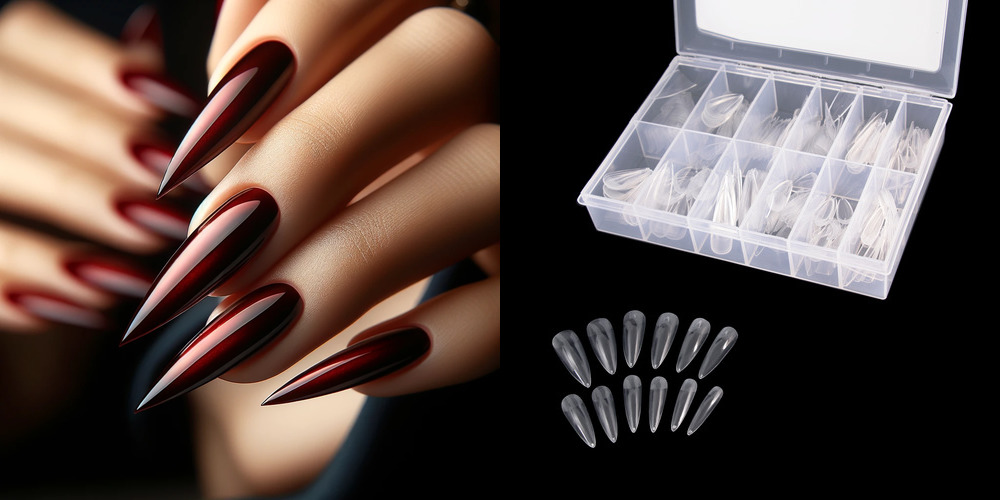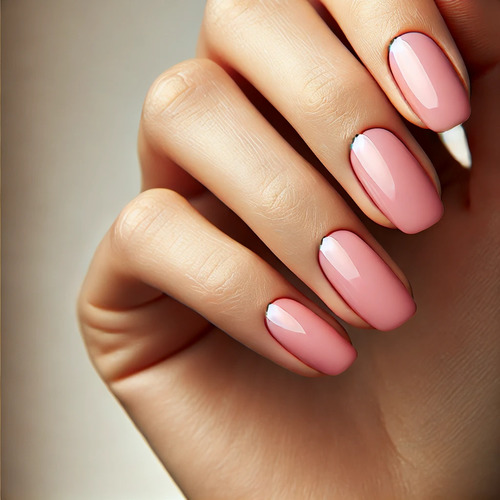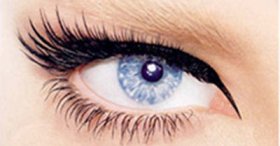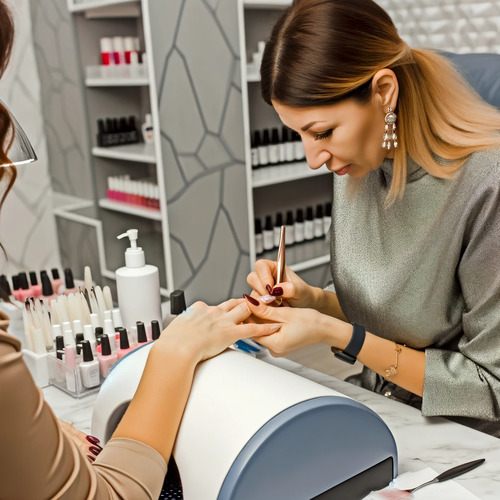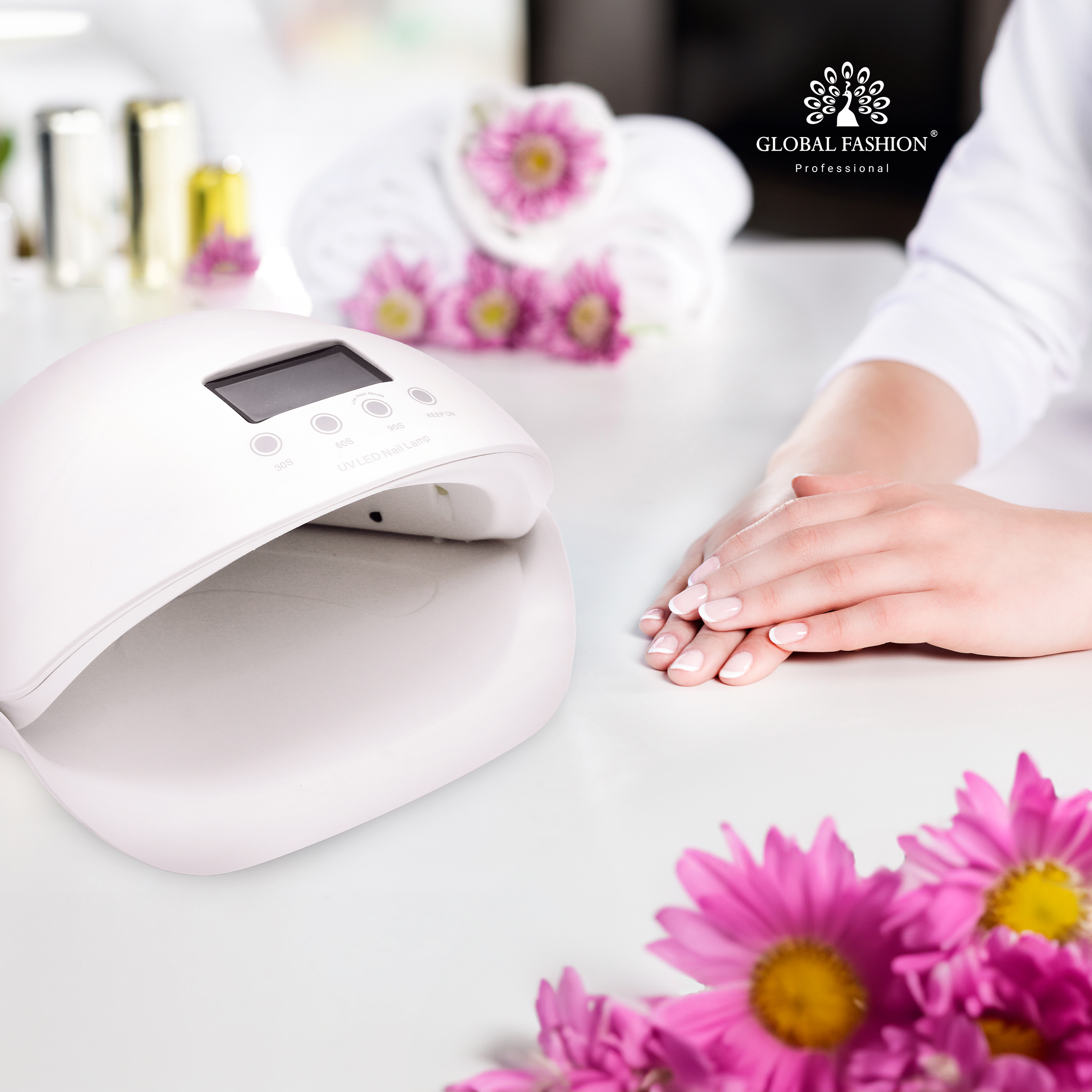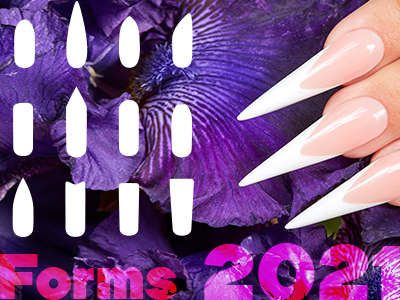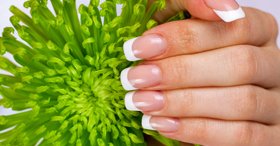Top 9 Indian tips on how to grow long and shiny hair

Surely each of us has watched Indian films at least once in our lives and admired the long, healthy and shiny hair of Indian actresses. Looking at such hair makes you want to know their hair care secrets. Middle Eastern and Indian hair care techniques, ingredients and methods have always been of interest, and with the rise of Ayurvedic beauty, this interest has only intensified. More and more people are keen to learn the history, benefits and practices of these methods. Read on to learn how to achieve long and shiny hair using a holistic approach to care and proven home treatments with natural ingredients.
1. Approach your hair care as carefully as you do your skin care
It's an international theme, and we've already heard it from talented fair-skinned Scandinavian women. Now it's time to listen to other experiences. One of the major differences between hair care for European and Indian women is not only in the choice of products, but also in the approach to the care process itself.
The main difference is that we care for our hair as much as we care for our facial skin. We focus on conditioning, treating and protecting the hair using the best natural products. While the emphasis in the US and Europe is on reactive treatments, a simple product such as a high quality hair oil (just like facial oil) can significantly improve hair condition and prevent hair damage.
In the United States, deep conditioning treatments are resorted to when hair becomes particularly dry or after colouring. In India, hair care is done on a preventative basis. Indian women rub cold-pressed oils into their strands several times a week and apply them to protect and strengthen their hair.
TIP: Don't wait until your hair is damaged to begin treatment. Use oils and other hair care products regularly for preventative purposes, just as you take care of your skin.
2. Use hair masks at home
The magic of hair care goes beyond oil elixirs and serums. For complete care, it's worth using hair masks just like you do for your face, and preferably using homemade ingredients. Middle Eastern women use many homemade masks that improve hair elasticity and prevent breakage. These masks also moisturise, soften and nourish the hair.
For example, in Dubai, hair care is an important part of women's daily rituals, similar to skin care. They research and select treatments carefully, showing a high level of awareness and attention to detail.
3. Follow a diet for healthy hair
The Persian diet is abundant in vegetables, fruits, herbs and spices, making it extremely healthy. The abundance of whole, nutrient-rich foods promotes shine and hair growth. Virtually all of the vitamins, minerals, proteins, fatty acids and antioxidants needed for optimal hair health come from the diet. Because of this, Persians rarely have an arsenal of gummies and hair supplements on their table.
4. Take a more holistic approach to your hair
In India, hair care is an integral part of the culture. If we look at schoolgirls, we immediately notice that their hair is neatly styled in braids and carefully combed with oils to protect and nourish it. The main difference between India and Europe is the frequency of hair care and its importance in the cultural context.
The Persian approach to hair care is similar to the Indian approach. Middle Eastern women have a more holistic approach to the process than in Europe. They adopt beauty rituals from their mothers and grandmothers that have been around for decades, if not centuries. The idea of natural, non-toxic, DIY beauty has always been a given for them, which is not always the case in Europe.
However, nowadays, Europe is increasingly looking towards more natural remedies. The idea of holistic beauty is becoming increasingly popular and many European women are slowly starting to look for home remedies and non-toxic products available on the market.
5. Don't rinse your hair with hot water
Another beauty secret we learnt from our foreign friends: cold water is our ally, especially if you're aiming for shiny and moisturised locks like women from India and the Middle East.
Even common habits that you don't think about can significantly improve the health of your hair. You can use the most moisturising ingredients and products in your grooming routine, but if you rinse your hair with hot water, you're just over-drying it.
Using cold water to rinse your hair helps close the cuticles, retaining moisture and making your hair smoother and shinier. Try this simple trick to improve the condition of your hair and enjoy healthy looking hair.
6. Install a shower head with a filter
If the water quality in your home leaves a lot to be desired (like most of us), we suggest getting a filtered shower head. We also recommend rinsing your hair with filtered or bottled water after showering. This helps to get rid of excess chemicals that can be harmful to your hair. We often forget that the environment has a huge impact on our health.
7. Choose hairstyles and hair colour that are low maintenance
Although short hair is in fashion right now, women in the Middle East almost always prefer long, flowing hair. Nine times out of ten, they ask for their hair to be styled after colouring it, going straight to styling. The most popular styles include sleek, loose waves and voluminous blown out hairstyles.
Women from India and the Middle East rarely opt for bright colour combinations or any high-maintenance options. For example, many women in Dubai are more conservative in their hair colour choices, preferring not to over-treat or damage their hair. Their preferences lean towards more subtle shades that harmonise with their skin tone and eye colour.
8. Use natural ingredients
Many of us have never heard of the many exotic ingredients popular abroad, and they remain unfamiliar to even the most keen hair care enthusiasts in Europe. Want to know what unusual ingredients could be a dream for your hair but remain unknown to you for now? Keep reading to get a brief insight:
- Cider: Cider is a special powder derived from the ziziphus plant, a thorny shrub in the sea buckthorn family. To use it for cosmetic purposes, you can mix the cider with a little water to make a paste, apply it to your hair and leave it on for about 20 minutes. This will not only cleanse your hair but will also add shine, strengthen the strands and increase the natural density.
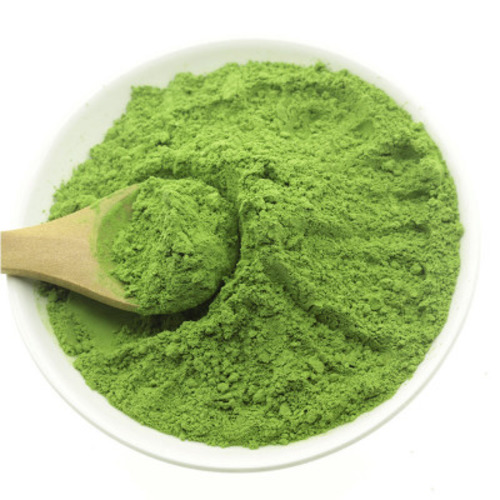
- Henna: In the Middle East, apart from cider, henna is one of the most common ingredients for hair care. While many people associate henna with colouring hair, here it is widely used as a conditioner or mask. It moisturises, smooths and makes frizzy hair more manageable, giving it a vibrant and lush look.
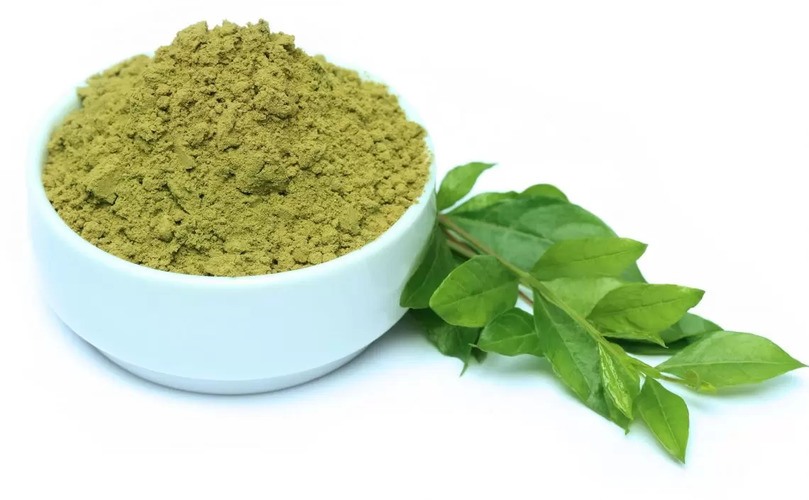
- Amla: Amla, this unique berry whose properties are still undiscovered by many, is becoming increasingly recognised in the scientific and medical community for its potential anti-cancer properties.
Organic amla is a true treasure for our bodies. Its unusually high vitamin C content, 20 times higher than oranges, makes it particularly valuable. This fact makes amla not just a berry, but a true elixir of health and beauty that is worth exploring and incorporating into your diet.
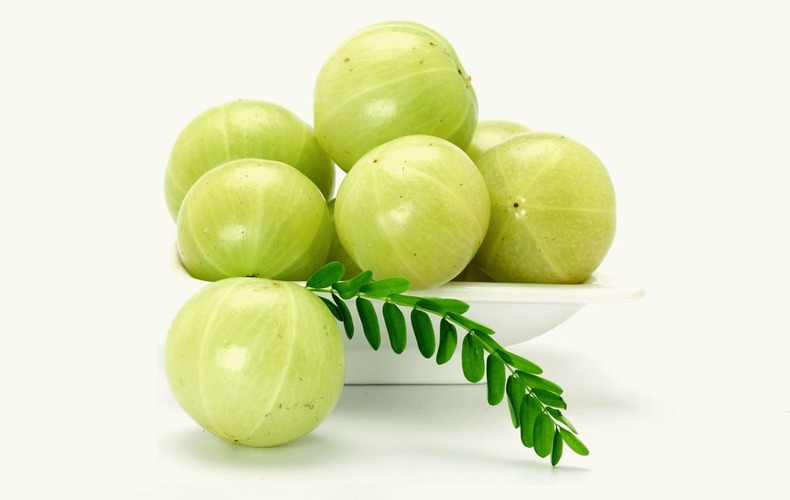
- Saffron: Saffron, one of the most expensive and prestigious spices in the world, is not only an essential element of Middle Eastern culinary masterpieces, but also plays a prominent role in Persian beauty and hair care culture. The use of saffron in home hair treatments strengthens strands and even prevents hair loss. This precious natural resource has a rich complex of vitamins, antioxidants and minerals that are beneficial to the health and beauty of hair.
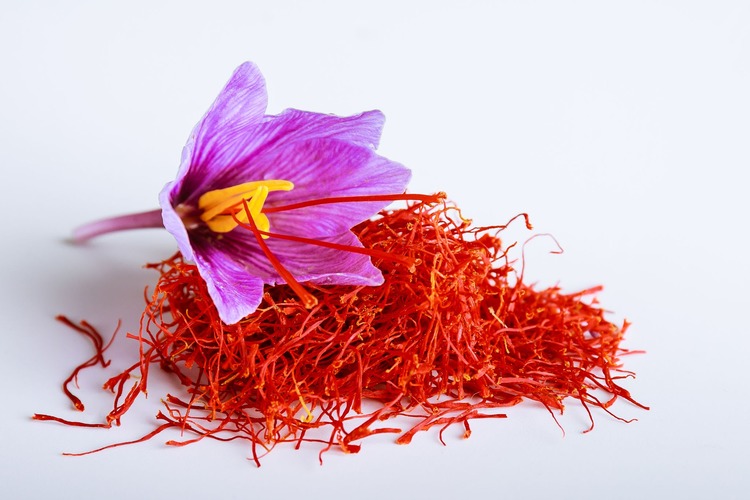
9. Use oils to moisturise your hair
TIP: If you are researching labels or looking for pure oils for personal use, it is advisable to favour organic and cold-pressed varieties. Such oils better retain vitamins and minerals, which in turn promote healthy hair.
One common misconception in Europe is that oils make hair greasy. This is true to a certain extent, but it is also important to realise that an oily scalp can be a natural reaction to over washing and over drying of the skin. In this case, the scalp begins to produce more sebum to compensate for the loss of moisture.
Therefore, wisdom inspired by Hindu traditions suggests: limit the frequency of hair washing (and avoid harsh surfactants), and care for your scalp with oils. Over time, you'll notice that your hair doesn't require such frequent washing and will become stronger, shinier and healthier.
As mentioned earlier, the choice of oil plays an important role, especially when it comes to women from India and the Middle East. Their oil preferences differ from some of the popular commercially available options familiar to European women.
For example, cold-pressed sunflower oil not only protects hair from environmental damage and dryness, but also helps to keep it healthy. And organic jasmine oil, in addition to its unique fragrance, has unique properties of moisturising and nourishing the scalp thanks to its anti-fungal properties. Both of these oils have long been used in ancient Indian hair and scalp care recipes.
Coconut oil is indeed often used as a hair mask, but its thick texture may not be to everyone's taste. Moreover, there is a risk of clogging the pores on your skin if the oil gets on your face while applying it on your hair.
Unlike coconut oil, argan oil has a light texture, which makes it pleasant to apply. However, its conditioning properties may not be as intense as other oils such as sunflower oil or jasmine oil.
KEY INGREDIENTS: Argan oil is a vegetable oil extracted from the seeds of the fruit of the argan tree (Argania spinosa) native to Morocco. This unique ingredient has a rich composition of antioxidants and fatty acids, making it ideal for skin and hair care. Thanks to its moisturising properties and ability to reduce inflammation, argan oil has become an essential part of cosmetic and therapeutic products.
Read also: How to dry hair correctly: 6 tips from stylists
Published: 10.06.2024 14:48
Times Read: 1006
6763 bought
ID: 3678
1 310 ֏
3364 bought
ID: 3688
2 223 ֏
-5%
1584 bought
ID: 1994
1 245 ֏
-5%
2345 bought
ID: 1863
1 556 ֏
-5%
2044 bought
ID: 12194
1 334 ֏
-5%
1502 bought
ID: 11773
936 ֏
1768 bought
ID: 12137
842 ֏
-10%
513 bought
ID: 16061
1 193 ֏
-15%
407 bought
ID: 18149
875 ֏
-15%
255 bought
ID: 15998
875 ֏
-15%
239 bought
ID: 11599
1 392 ֏
-15%
240 bought
ID: 2190
994 ֏
-15%
197 bought
ID: 11951
936 ֏
-20%
191 bought
ID: 12047
994 ֏
-15%
What is a pedicure and what does it include?
Well-groomed legs should be neat and stylish pedicure. And for the fashionistas still important to be in
The minimum set of makeup brushes
Flat synthetic brush oval Makeup artists call it "cat tongue", but would be better if we didn't know that..
